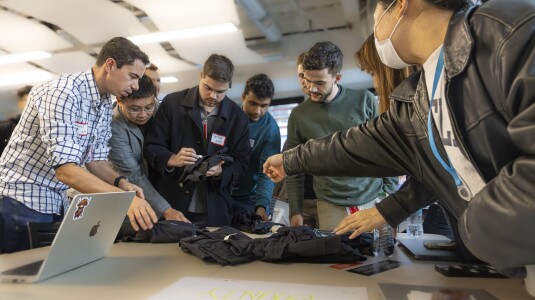Amazon and the University of Washington (UW) today announced the founding of the UW-Amazon Science Hub. In support of the collaboration, Amazon will fund collaborative research, education, and outreach programs.
Amazon’s investment further underscores its commitment to collaborating with academia to address the hardest challenges in science and engineering. At the outset, Amazon funding will support a broad set of programs including fellowships that will be awarded annually to PhD students enrolled in the UW College of Engineering; research projects led by one or more UW faculty members in collaboration with postdoctoral researchers, graduate students, and research staff; and support for collaborative research events and activities that accelerate AI, robotics, and engineering research in ways to make it more accessible in the Seattle metro area, such as research symposia that are open to other academic institutions and the public.
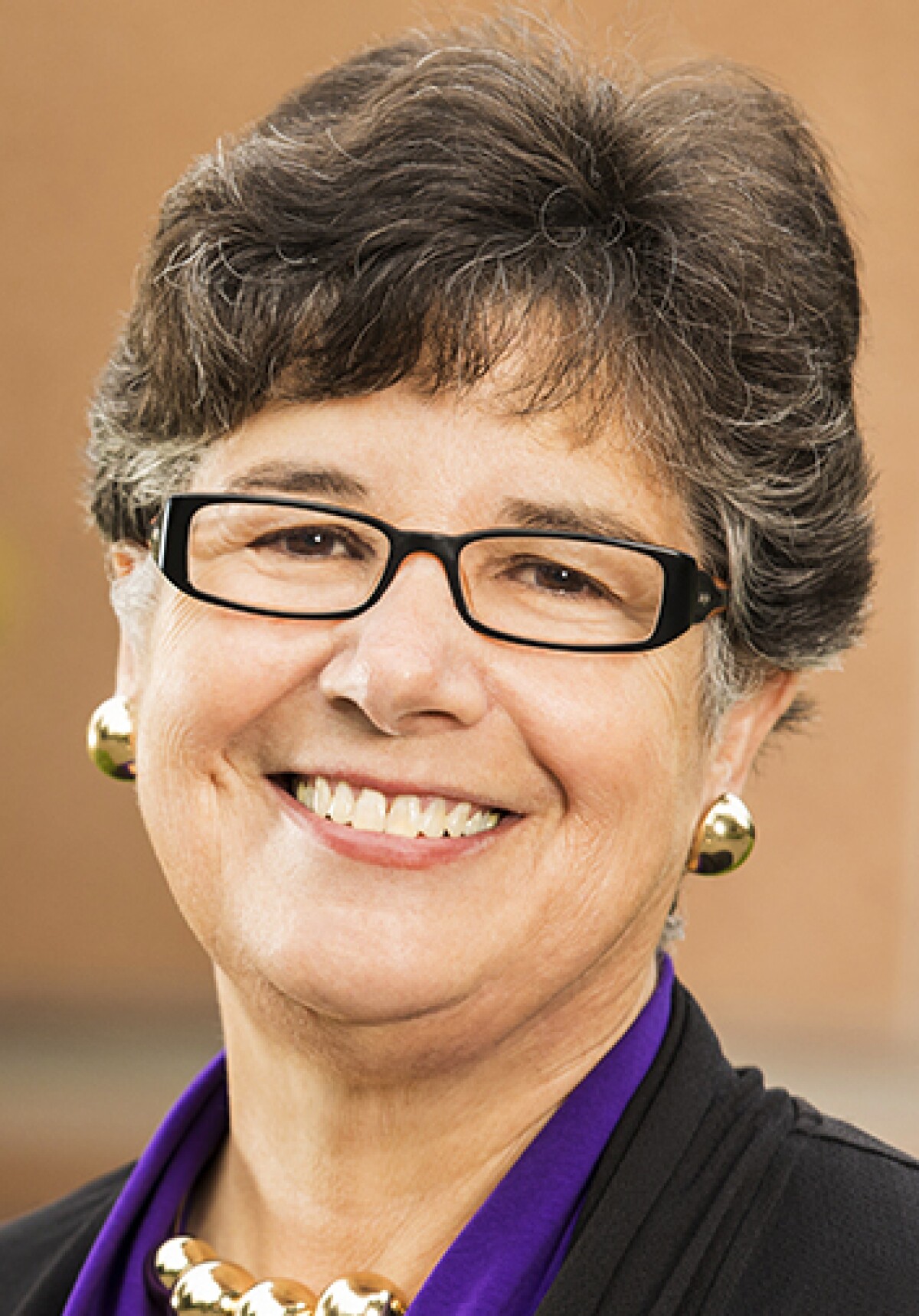
“We are excited to collaborate with Amazon to advance research and learning in the College of Engineering and beyond,” said Ana Mari Cauce, UW president. “The incredible potential for world-changing discovery across disciplines and sectors represents the best of what is possible when academia and industry join forces to accelerate innovation here in the Pacific Northwest, home to both our organizations.”
“Solving the hardest challenges in science and engineering requires collaboration between bright minds in industry and academia,” said Alicia Boler Davis, senior vice president of Customer Fulfillment at Amazon. “This hub deepens our engagement with a research powerhouse sitting in our backyard, empowering Amazon scientists and UW researchers to work together to both address those challenges and contribute to the scientific community via open research.”
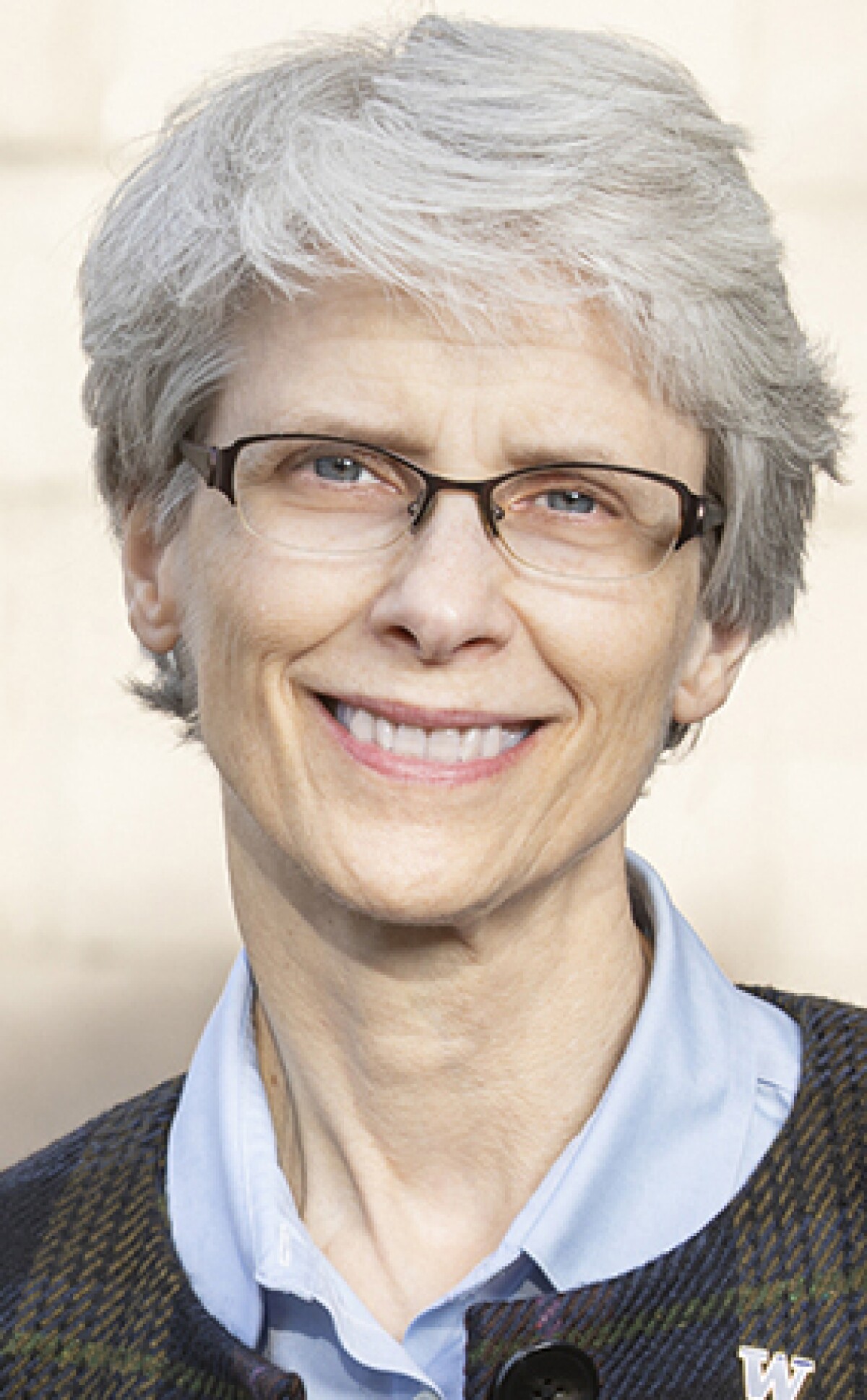
Nancy Allbritton, Frank & Julie Jungers Dean of Engineering, reinforced the importance of ensuring the hub’s research has broad benefits.
“The research hub aligns with our strategic vision to advance engineering excellence for the public good,” Allbritton said. “We’re thrilled to further deepen our relationship with Amazon and to leverage our research strengths to address these types of challenges and develop solutions that will benefit all.”
Michael Wolf, an Amazon Robotics AI principal scientist who will serve as the UW research liaison, noted that the hub — the scope of which will expand in the future — will launch with an initial focus on robotics, marked by a collaboration between Amazon Robotics AI and the College of Engineering.
“Addressing challenges in autonomy, computer vision, and machine learning is important to both Amazon and the robotics community at large,” Wolf said. “We’ve already built great momentum in defining flagship programs in robotic manipulation and 3D perception at UW, and we look forward to expanding our engagement with UW and building a joint community of researchers here in Seattle.”
“As someone with deep ties to both organizations, I am delighted the hub will both seed new ideas and deepen the connections between our researchers,” said Siddhartha Srinivasa, director of Robotics AI at Amazon and holder of the Boeing Endowed Professorship at the Allen School. “My UW colleagues excel at tackling complex and interdisciplinary problems, and the scale of Amazon’s fulfillment network provides a rich set of problems in AI and robotics. This collaboration will catalyze invention and exploration by bridging our diversity of perspectives and approaches to problem solving.”
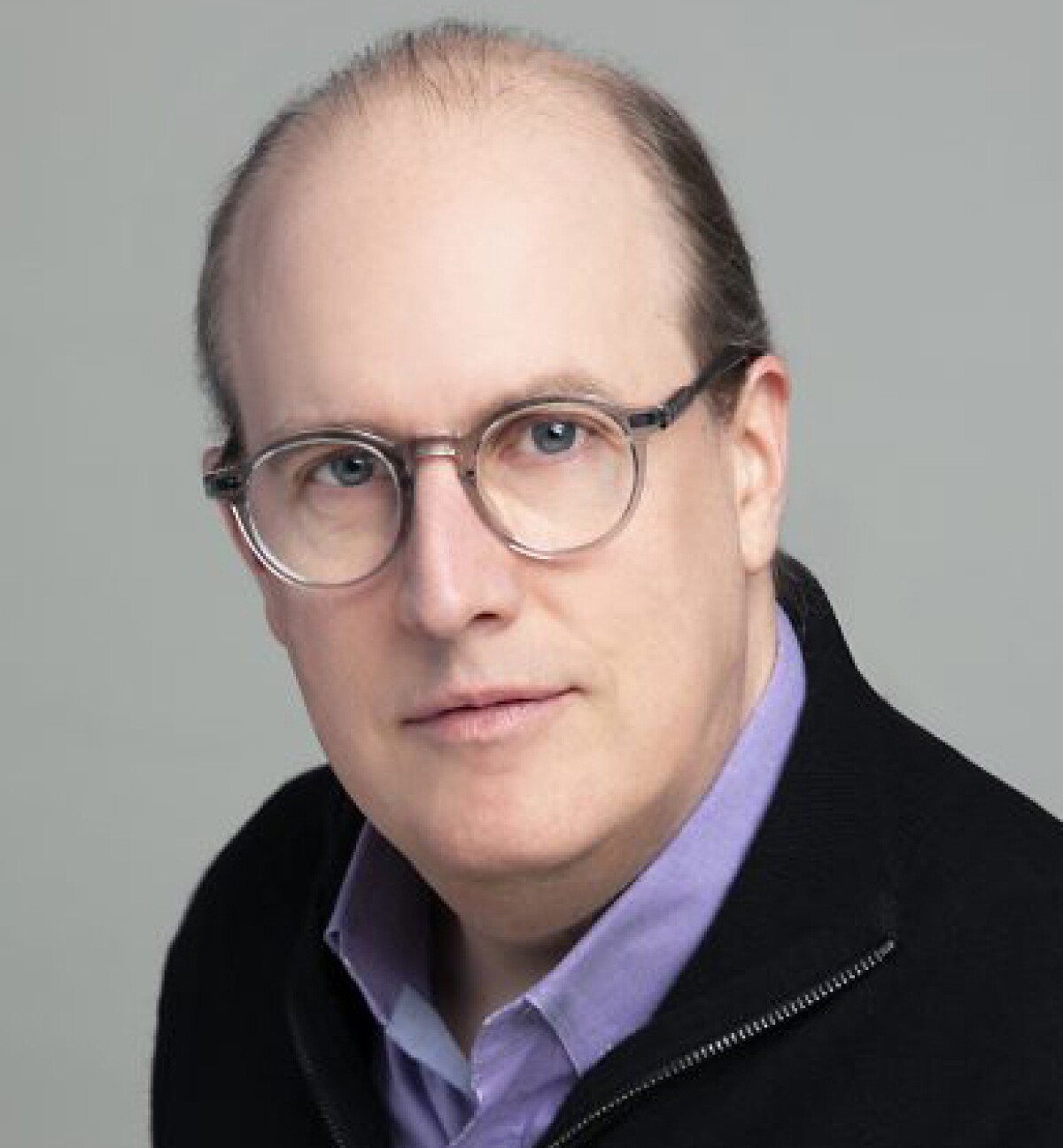
Amazon’s scale is important to UW researchers, noted hub inaugural director Joshua Smith, a professor in the Paul G. Allen School of Computer Science & Engineering and the Milton and Delia Zeutschel Professor in Entrepreneurial Excellence in the Department of Electrical & Computer Engineering.
“Real-world challenges and problems themselves are increasingly a scarce strategic resource for researchers in robotics and AI,” Smith observed. "The hub will allow our students and faculty to advance the state of the art in some of the most challenging open research problems in robotics and AI. And that’s just the start of the mission.”
Amazon and UW
Amazon and the University of Washington have worked closely since the 1990s, leveraging their proximity to one another. Amazon has provided learning opportunities for students through project funds and fellowships, support for faculty through professorships and research funding, and new spaces for learning and collaboration through capital support. Thousands of UW alumni work at Amazon, many serving in executive-leadership positions. Dozens of Amazon professionals have served in volunteer roles at the UW over the years, as advisors on UW boards and committees.
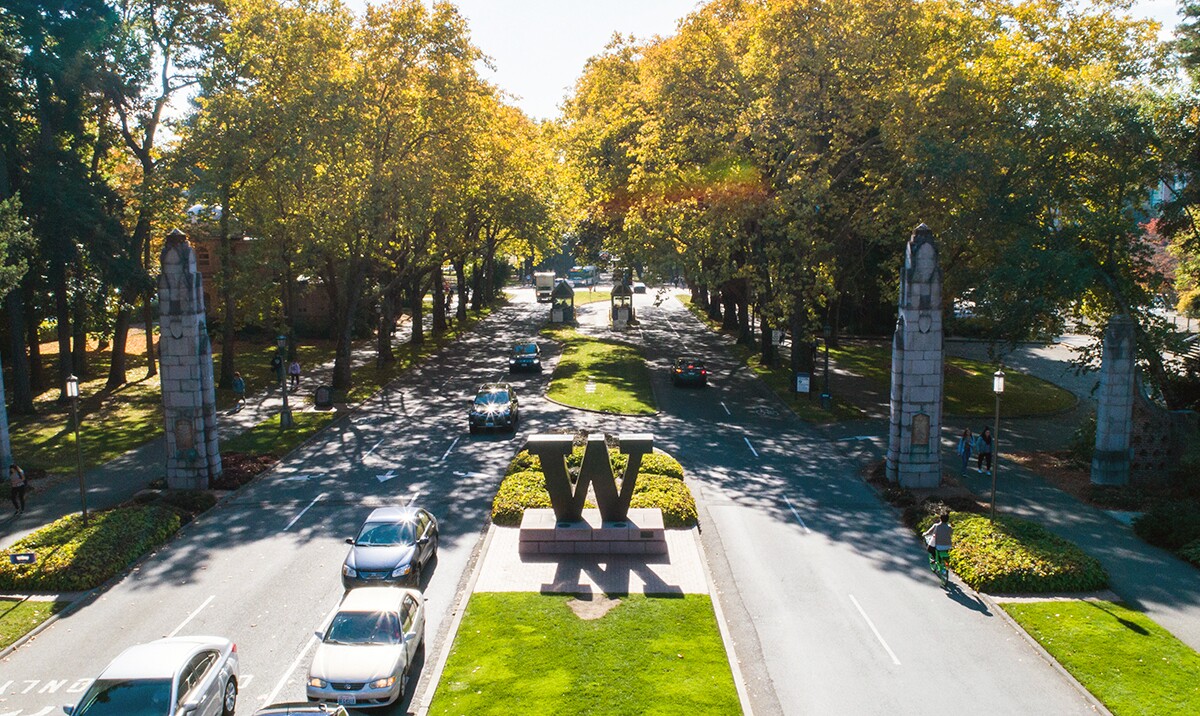
Amazon also has deep ties to the university via its Scholars program. Emina Torlak, a UW associate professor in the Allen School and senior principal scientist working in AWS Identity, is a former Scholar, as is Xi Wang, an associate professor in the Allen School and principal applied scientist working in AWS Elastic Block Store.
Current Scholars include Daniela Witten, a professor of statistics and biostatistics and the Dorothy Gilford Endowed Chair in Mathematical Statistics; Eric Zivot, the Robert Richards Chaired Professor of Economics; Gang Luo, a professor in the Department of Biomedical Informatics and Medical Education at UW Medicine; John Geweke, affiliate faculty in the Department of Economics; Melanie Walker, a clinical professor of neurological surgery in the School of Medicine and a neurologist and neurosurgeon at UW Medicine; Michael Wagner, associate professor of Operations Management and a Neal and Jan Dempsey Fellow; Thomas Gilbert, associate professor of Finance and Business Economics; Thomas Richardson, professor and chair of the Department of Statistics; and Zachary Tatlock, associate professor of computer science & engineering in the Allen School.
Financial support from Amazon has impacted more than a dozen major areas of the university, including Academic & Student Affairs, Minority Affairs & Diversity, the Burke Museum, CoMotion, the College of Arts & Sciences, the College of Built Environments, the College of Education, the College of Engineering, the Michael G. Foster School of Business, the Information School, the School of Law, the School of Social Work and UW Medicine. Amazon also contributed $10 million to the construction of the Bill & Melinda Gates Center for Computer Science & Engineering.
Amazon in Washington
Amazon’s ties to the state are as expansive and as old as the company itself, stretching back to its foundation in Seattle in 1994 — and the same can be said for Amazon research. Russell Allgor, who today is the chief scientist of Amazon's Worldwide Operations and Logistics organization, was hired in Seattle in 2000 as the company’s first research scientist.
In addition, Amazon’s Core AI, Supply Chain Optimization Technologies, Alexa Speech, Automated Reasoning, Prime Air, and several other science teams are all headquartered in Seattle. Today Amazon employs hundreds of research scientists, applied scientists, data scientists, and economists across Washington state.
In December 2021, Amazon announced three interrelated grants to support start-up of new bachelor of science in computer science programs at community and technical colleges in Seattle and across Washington. The grants — $1 million each — go to Seattle Colleges Foundation, the Washington State Board of Community and Technical Colleges, and the Washington State Opportunity Scholarship program. Amazon’s investment in the Washington State Opportunity Scholarship program will support students pursuing a bachelor’s degree in high-demand STEM and health care fields.
In addition to the sprawling HQ1 with its now iconic spheres, the company has more than 50 offices and tens of thousands of employees in the Seattle area alone. Amazon has invested more than $129 billion in Washington since 2010 and has created more than 80,000 jobs.




